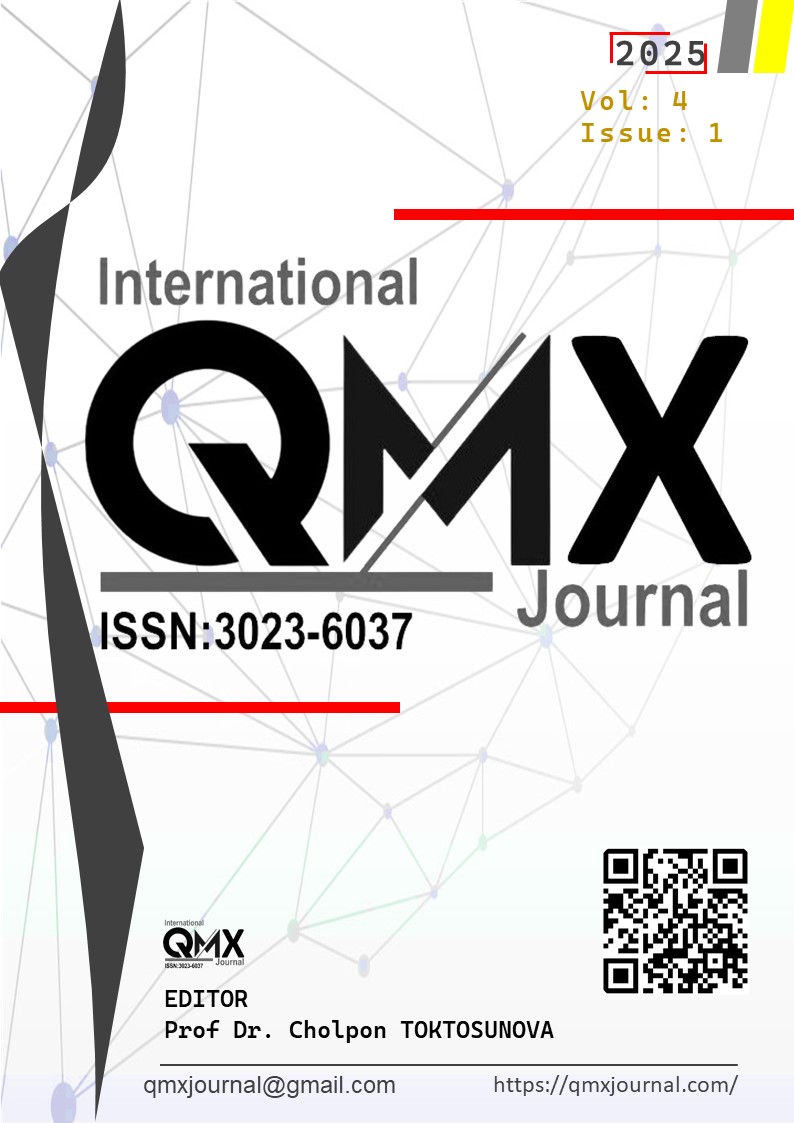Author :
Abstract
Bu çalışma, eğitim teknolojilerinin eğitimde adalet ve erişim üzerindeki etkilerini incelemektedir. Eğitimde teknolojinin fırsat eşitliği yaratma potansiyeli, dijital öğrenme araçlarının yaygınlaşmasıyla giderek artmaktadır. Ancak, dijital uçurum, ekonomik eşitsizlikler, teknolojik altyapı eksiklikleri ve öğretmenlerin dijital becerilerinin yetersizliği gibi faktörler, eğitimde adaletin sağlanmasını zorlaştırmaktadır. Çalışmada, devlet politikalarının eğitimde teknoloji kullanımını teşvik edici ve kapsayıcı olması gerektiği vurgulanmaktadır. Kamu destekli projeler, düşük gelirli bireylere yönelik donanım ve internet desteği sağlanması, öğretmenlerin dijital pedagojik becerilerinin geliştirilmesi ve açık erişimli eğitim kaynaklarının yaygınlaştırılması, eğitimde fırsat eşitliğini artırmada önemli stratejiler olarak değerlendirilmektedir. Ayrıca, eğitimde dijital dönüşümün sürdürülebilir olması için eğitim teknolojilerine yönelik yatırımların uzun vadeli planlarla desteklenmesi gerektiği belirtilmektedir. Eğitmenlerin dijital becerilerinin artırılması, öğrencilerin bireyselleştirilmiş öğrenme deneyimlerine erişimi ve yapay zeka tabanlı eğitim çözümlerinin etkin kullanımı, eğitimde teknoloji entegrasyonunun başarılı olmasını sağlayacak temel unsurlar arasında yer almaktadır. Sonuç olarak, eğitimde teknolojinin fırsat eşitliği yaratma potansiyeli büyük olmakla birlikte, bu sürecin başarılı bir şekilde yönetilmesi için kapsamlı ve sürdürülebilir politika ve uygulamaların hayata geçirilmesi gerekmektedir.
Keywords
Abstract
This study examines the impact of educational technologies on educational justice and access. The potential of technology to create equal opportunities in education is increasing with the proliferation of digital learning tools. However, factors such as the digital divide, economic inequalities, lack of technological infrastructure and inadequate digital skills of teachers make it difficult to achieve equity in education. The study emphasizes that government policies should be inclusive and encourage the use of technology in education. Publicly funded projects, providing hardware and internet support for low-income individuals, improving the digital pedagogical skills of teachers and disseminating open access educational resources are considered as important strategies to increase equality of opportunity in education. It is also stated that in order for digital transformation in education to be sustainable, investments in educational technologies should be supported by long-term plans. Increasing the digital skills of educators, students' access to individualized learning experiences and the effective use of AI-based education solutions are among the key elements that will ensure the success of technology integration in education. In conclusion, while technology in education has great potential to create equal opportunities, the successful management of this process requires the implementation of comprehensive and sustainable policies and practices.





